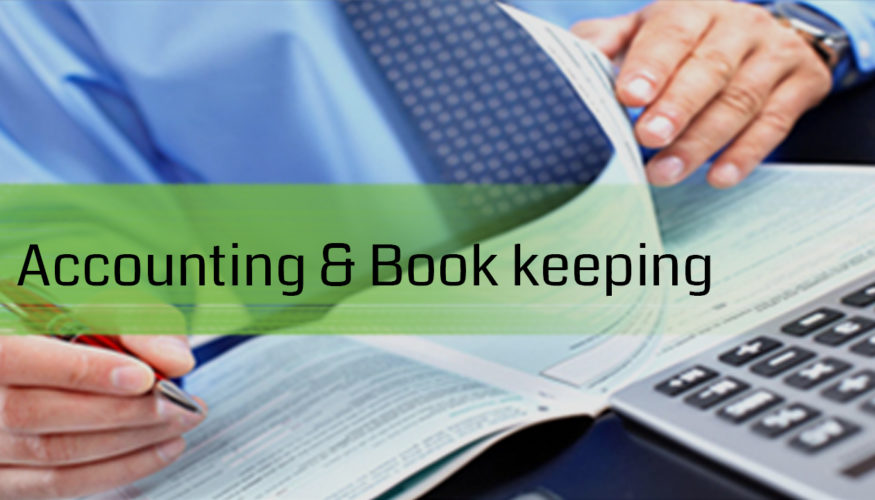Precision accounting is an essential expertise that empowers businesses, organizations, and individuals to navigate complex financial challenges effectively. At its core, precision accounting focuses on the accurate and detailed recording, analysis, and reporting of financial transactions. This level of attention to detail is critical because even minor errors or misinterpretations can lead to significant financial consequences, including tax penalties, missed opportunities for growth, or flawed decision-making processes. One of the primary components of precision accounting is ensuring the accuracy of financial records. This involves consistently applying best practices and accounting standards, which require careful tracking of every transaction whether it involves revenues, expenses, investments, or liabilities. In a constantly changing financial landscape, precision accounting professionals must stay up to date with evolving regulations and standards. Whether dealing with complex corporate tax filings or managing the financial statements of smaller enterprises, maintaining a high level of accuracy and compliance is a non-negotiable aspect of the profession. Moreover, precision accounting aids in effective financial forecasting and budgeting.

By meticulously analyzing past performance data, accountants can offer predictions and actionable insights that help organizations plan for the future. These forecasts are invaluable for businesses in any sector, enabling them to allocate resources more efficiently, plan for potential risks, and seize opportunities in their market. A well-structured financial forecast also gives decision-makers the ability to make informed choices about capital investments, operational costs, and other strategic moves that impact long-term success. In addition to accuracy, precision accounting involves transparency and click here now Precisionaccountingconsulting.com to understand more. Clear, concise financial reporting helps stakeholders understand the financial health of an organization. It is essential for building trust with investors, creditors, and regulatory bodies. Transparent financial statements enable stakeholders to make informed decisions, assess the viability of an organization, and evaluate its long-term sustainability. By providing clear insights into cash flows, liabilities, and profitability, precision accounting also facilitates audits, allowing for a thorough examination of financial records to ensure integrity and prevent fraud. This ensures that all financial data is compliant with both legal requirements and industry norms.
With advancements in automation, data analytics, and artificial intelligence, accountants now have access to more sophisticated methods for tracking and analyzing financial data. While these tools enhance efficiency, they also require accountants to possess a deep understanding of both the software and the financial principles underpinning their use. Successful accountants must be able to leverage these technological advancements without compromising the integrity of their work. Precision accounting also plays a pivotal role in financial risk management. In an increasingly volatile global economy, businesses face a range of financial risks, from market fluctuations to regulatory changes. By maintaining precise records and performing thorough financial analyses, accountants can help organizations identify potential threats and develop strategies to mitigate them. This proactive approach to risk management ensures that businesses can remain resilient in the face of economic uncertainty. Ultimately, precision accounting is more than just a technical skill it is a strategic asset that enables businesses and individuals to make informed decisions, manage their finances effectively, and achieve long-term financial success.
